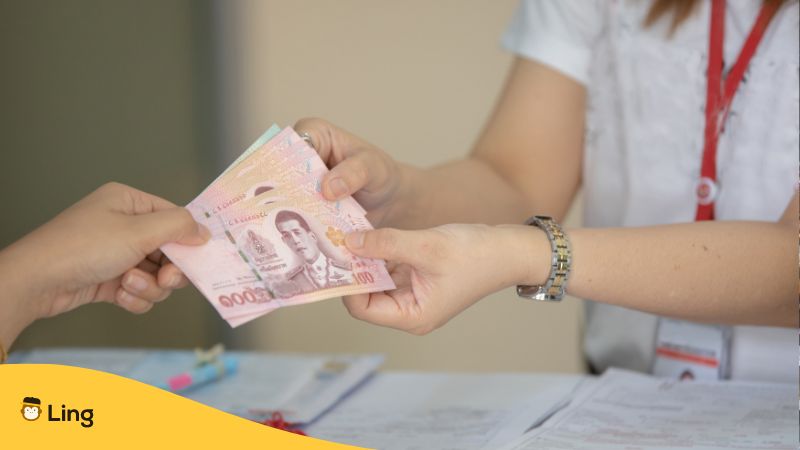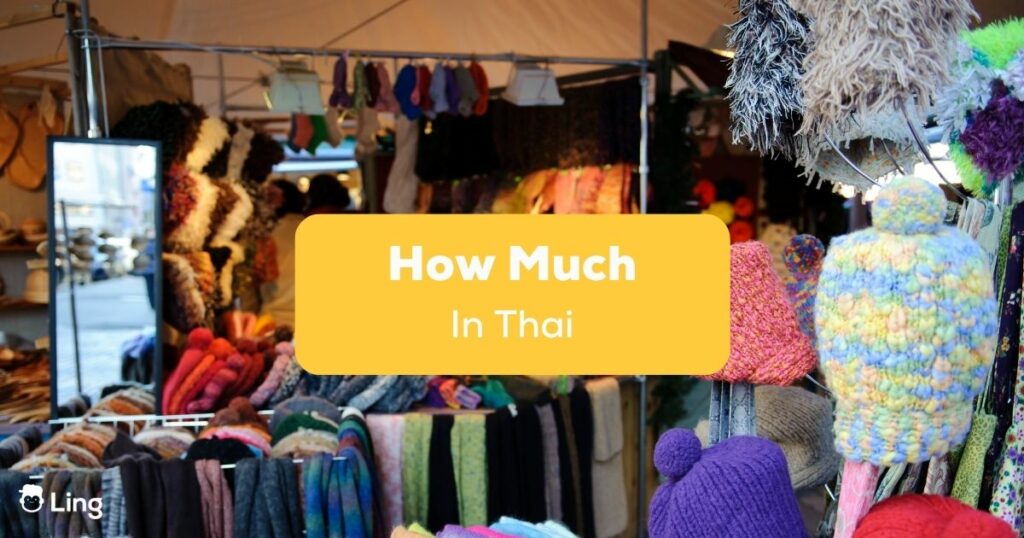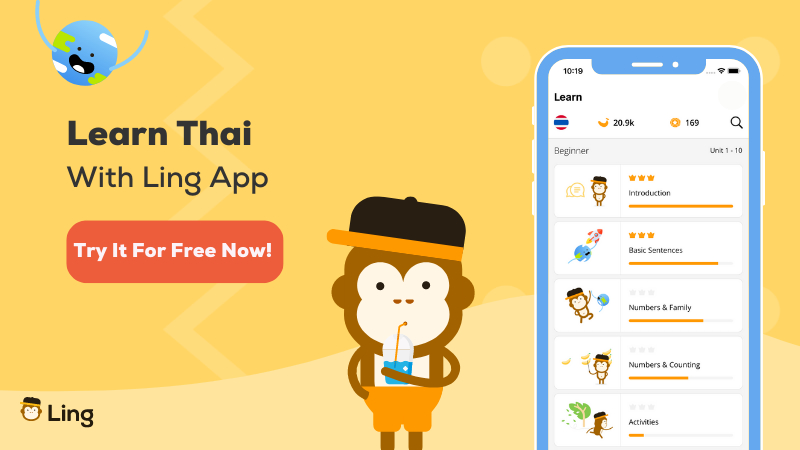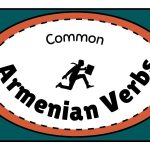Once nighttime creeps into Thailand, you’ll be greeted with Bangkok‘s vivid and bustling night markets. These bazaars range from mouth-watering cuisines to crafted items paired with lively music. With its fascinating and tempting offers, can you turn a blind eye and not purchase anything? Souvenirs and sumptuous street foods will entice you, so if you want to know how much in Thai, this post is a lifesaver!
Every tour requires a budget, but can you resist Thailand’s stunning clothes and palatable food? Not to mention that they have fine silk in their collection that costs 500 to 5000 Thai Baht only! It’s not the cheapest, but fashionistas would go shopping if they found these beautiful items. But this Asian country is not just for shopping! Foodies will also be delighted with this place’s selection of healthy food! From som tam to sticky mango rice, there’s just a lot your mouth would love to try!
And if you truly want to buy or order, then one important question you must master is how to ask for the price of something in the native language. Let’s go over that and more in the sections below!

How To Say How Much In Thai
It’s important to know that asking for the price in Thai shows respect for the local culture and helps you communicate effectively with vendors. But did you know that negotiating in Thai can lead to better deals?
By speaking Thai, you demonstrate your willingness to engage with locals on a deeper level. It can help establish a rapport and create a more positive shopping experience for both parties. Moreover, politely asking for the cost in Thai can give you an edge in bargaining and potentially save you some money. So, if you want to immerse yourself in the local culture and get the best deals possible, read below!
1. Tao Rai? (เท่าไร)
This phrase directly translates to “How much?” in English. You may add particles like krap (for male) and kha (for female) at the end of it. Below are some examples you can refer to:
- เท่าไรครับ (tâo rài krap)
- เท่าไรคะ (tâo rài kha)
According to the locals, adding krap and kha at the end of an expression gives a sense of politeness and formality. It’s typically used in formal situations, but skipping it if you’re close friends with the other party is alright.
2. La Tao Rai? (ละ เท่าไร)
There are times when you need to purchase items per piece. You may use la tao rai in this situation, which translates to how much per (noun). You may use this format as a guide to further understand this phrase: Noun + Classifier Word + ละ เท่าไร + noun particle.
3. Khun Kèp Ngern Tâo Rài (คุณเก็บเงินเท่าไหร่)
This phrase is used to ask about how much money someone is keeping or saving. It can also ask about the cost of certain items and services. So, if you want to check out or ask for the restaurant bill, you can always say khun kèp ngern tâo rài, which translates to “How much money do you collect?”
4. Gìi (กี่)
It’s a question word used to ask about a specific number, such as “how many” items are available or “how many” people are attending an event. While you may add Baht (Thailand’s currency), at the end of the phrase, specifically ask how much Baht is needed.
5. Raakaa Tao Rai (ราคาเท่าไร)
Instead of using the first example to ask how much in Thai, you can also say raakaa tao rai + kha/krap meaning “What’s the price?” However, using this expanded statement isn’t normal when speaking with the locals, and it might make you look like a total beginner in their language.
6. Ppai (Location) Tao Rai/Gii Baht (ไป + Location + เท่าไร/ กี่บาท)
If you want to go somewhere, asking for a fare is the typical route a tourist goes for. When you say ppai, it eventually translates to “go,” followed by the name of your desired destination, and of course, tao rai or gii Baht asking how much/how many Baht.

Best Nightmarkets In Thailand
Now that you’ve expanded your Thai vocabulary, it’s time to introduce some of the best bazaars you’ll find in the country. Here you’ll find a couple of cheap and affordable sites that’ll make your travel experience remarkably exquisite!
1. Srinagarindra Train Night Market
Location: 1 4 Srinakarin Rd, Nong Bon, Prawet, Bangkok 10250, Thailand
It’s an open market filled with people, especially on weekends. This place has a lot to offer, from great meals to vintage items that can pique a tourist’s interest. But if you’re not someone who likes old items, you can always check out the modern ones they have in their selection. However, this place isn’t popular with tourists since it doesn’t have many “new” items you can give as souvenirs (unless your friends are antique lovers).
2. Chatuchak Weekend Market
Location: 587, 10 Kamphaeng Phet 2 Rd, Khwaeng Chatuchak, Chatuchak, Bangkok 10900, Thailand.
Chatuchak Weekend Market, also known as Jatujak Market, is one of Bangkok, Thailand’s biggest and most famous outdoor markets. With over 15,000 stalls, this site’s a bustling hub of activity, drawing in both locals and tourists and giving them an unforgettable experience!
It’s open on weekends from 9 AM to 6 PM. Another interesting fact about it is it’s one of the largest markets in the world since it covers an area of 35 acres! Given the ample space it covers, the place is divided into sections. You’ll find different products like clothing, accessories, antiques, handicrafts, and food in each division.
While visitors can find everything from traditional Thai handicrafts and souvenirs to trendy fashion items and electronics, and if you want to get a taste of traditional Thai dishes, look no further because there are numerous food stalls selling a variety of local delicacies, such as pad Thai, sticky mango rice, and grilled meats.
Want To Expand Your Thai Vocabulary? Join Ling Now!
You’re now done with learning how to say how much in Thai. Since you’ve reached this part of the post, there’s a good chance that you’re also looking for other Thai phrases to learn. Well, you’re in luck because Ling is here for you!
With Ling, mastering Thai and 60+ different languages becomes a piece of cake. You can simply open the app, start taking in-depth lessons, and try out interactive quizzes and puzzles to check your understanding. So, are you ready to learn more words and phrases from different countries? Download the Ling app for FREE on Play Store and App Store now!






















